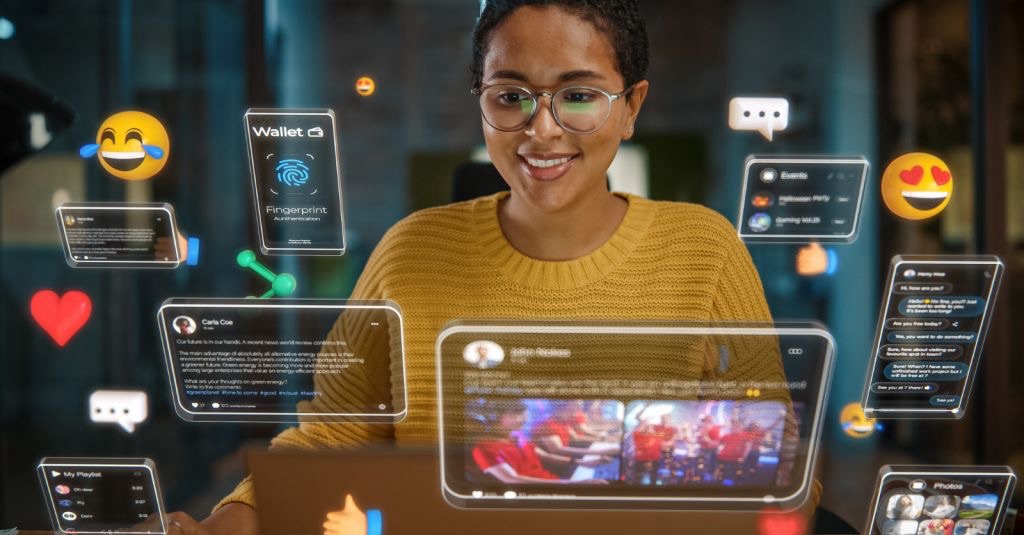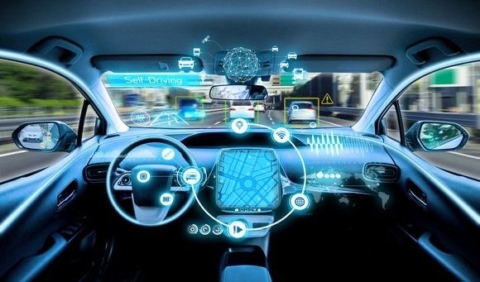Imagine walking into a store and being greeted by a virtual assistant that knows exactly what you’re looking for before you even say a word. Or think about a business predicting what its customers want months before they do. This isn’t science fiction, it’s the power of Artificial Intelligence (AI) at work, transforming how businesses innovate and connect with their customers.
In today’s fast-paced world, staying ahead means thinking smarter and moving faster, and AI is helping businesses do just that. Let’s take a closer look at how AI is making businesses more creative, efficient, and customer-focused.
Picture this: you run a small clothing shop and need to figure out which items to stock for the next season. Instead of relying on guesswork, AI can analyze customer trends, predict popular styles, and even suggest how much inventory you’ll need.

This kind of insight isn’t limited to fashion. Grocery stores use AI to reduce food waste by predicting how much fresh produce will sell each week. Financial institutions use it to spot suspicious activity in real-time, preventing fraud. AI isn’t just crunching numbers it’s helping businesses make smarter decisions faster, saving money and reducing risks.
Creating Personalized Customer Experiences
Have you ever received a product recommendation online that seemed almost too perfect? That’s AI working behind the scenes. Businesses now use AI to understand their customers on a deeper level, offering tailored suggestions that feel personal.
For instance, streaming platforms like Netflix use AI to recommend shows based on your viewing history. Meanwhile, online stores suggest products you might like based on your past purchases. Even small businesses can use affordable AI tools to create more meaningful customer interactions, whether it’s personalized email campaigns or smarter chatbots for customer service.
Saving Time and Boosting Productivity
Let’s say you run a bakery, and you’re spending hours manually tracking orders, scheduling deliveries, and balancing your books. AI tools can handle these tasks for you, freeing up your time to focus on creating new recipes or growing your business.
From automating mundane tasks like data entry to optimizing supply chains for faster deliveries, AI helps businesses operate more efficiently. Big companies like Amazon use AI to ensure packages arrive on time, but even small businesses can use similar tools to work smarter, not harder.
AI is more than just a helper, it’s sparking fresh ideas and creating products we never imagined. Think about how ride-sharing apps use AI to match drivers with riders or how fitness apps offer personalized workout plans based on your health data.
Even in industries like healthcare, AI is driving breakthroughs. Hospitals use AI to identify diseases earlier, improving treatment outcomes. Startups are building AI-powered tools to help farmers grow crops more efficiently. The possibilities are endless, and businesses of all sizes are finding ways to innovate with AI.
Facing the Challenges
Of course, AI isn’t perfect. There are concerns about data privacy, job displacement, and whether some decisions should be left to machines. For AI to truly work, businesses must handle it responsibly investing in training, protecting customer data, and staying transparent about how AI is used.
What This Means for You
Whether you’re a small business owner or just someone who loves a good deal, AI is shaping the world around you. It’s helping companies offer better products, deliver faster services, and even make our lives a little easier.
The key is to think of AI not as a replacement for human creativity but as a tool that enhances it. By embracing AI thoughtfully, businesses can find new ways to connect with their customers, solve problems, and spark ideas that change the game.
Artificial Intelligence is here to stay, and its role in driving innovation will only grow. The question is: how will businesses, big or small use it to create a brighter, smarter future?







